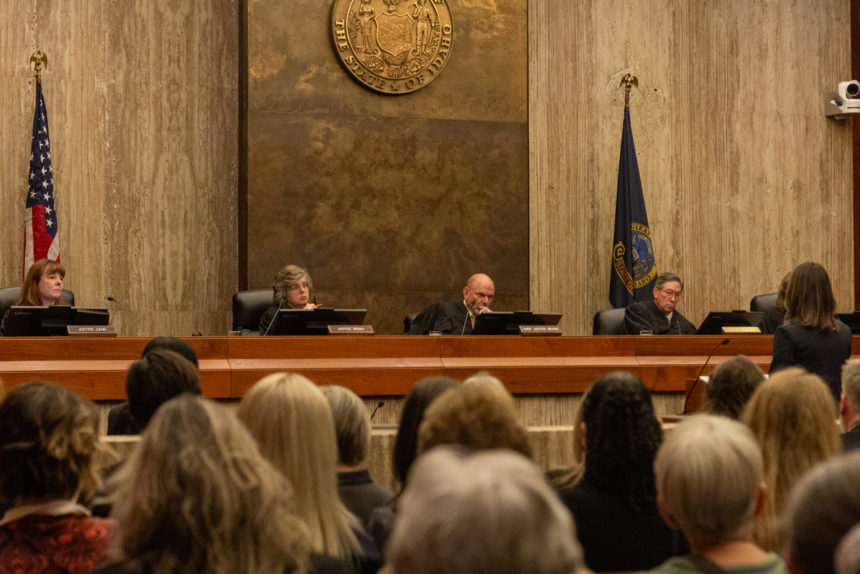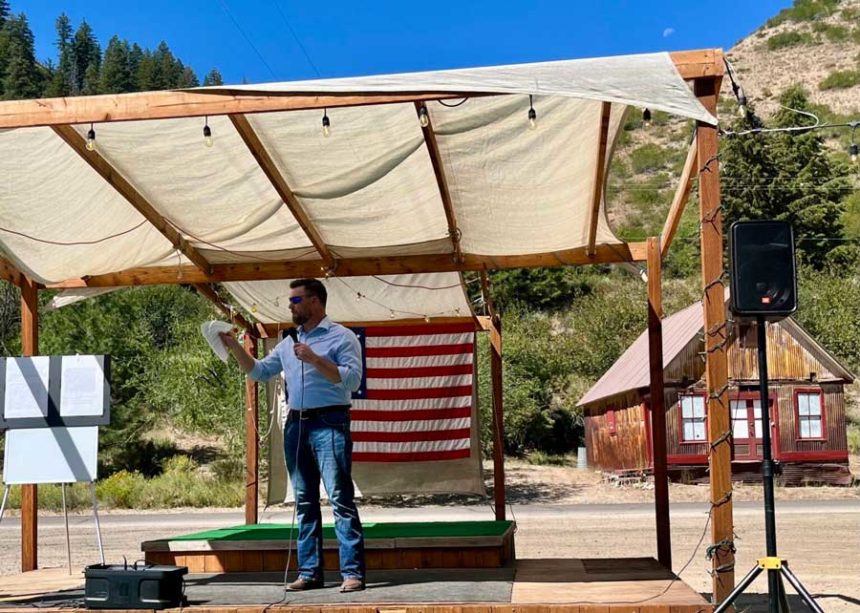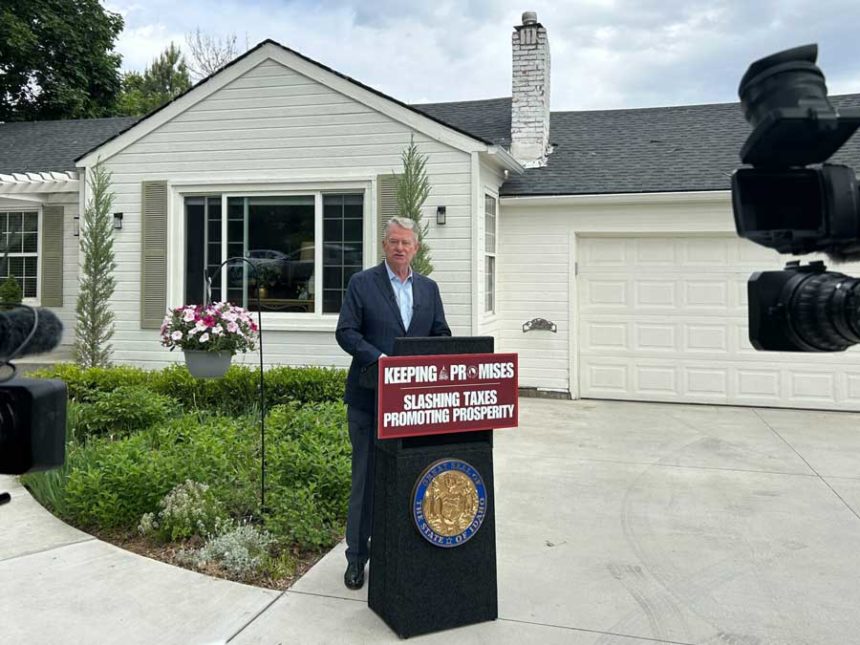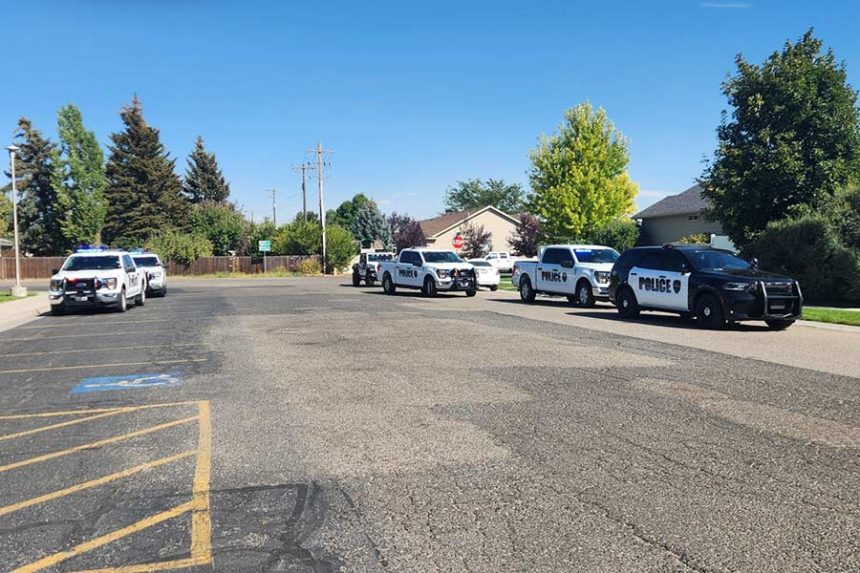BOISE (Idaho Ed News) The Legislature’s new DOGE Task Force stated Friday that it has established an online site for the public to report government inefficiencies, waste, and duplication, marking its first formal act.
The first meeting of the eight-member joint committee, which included representatives from the House and Senate, was conducted in the Statehouse in Boise. The task force was established by Republican leaders of the House and Senate after this year’s legislative session. The Department of Government Efficiency, which is home to tech tycoon Elon Musk’s federal cost-cutting program, is referenced by the acronym DOGE.
The endeavor, according to Rep. Jeff Ehlers, who is co-chairing the Idaho committee with Sen. Todd Lakey, is the first time state leaders have attempted a government makeover since the 1970s. According to Ehlers, DOGE will likely take many years to complete, with the aim of recommending legislation as early as 2026.
Ehlers, R-Meridian, stated, “We genuinely hope that this committee will produce results.”
The public is asked to complete a form on the new web portal that identifies examples of waste, inefficiency, or redundancy in government along with possible solutions. According to the form, your input will be examined and taken into consideration for our continuous efforts to enhance services and streamline government procedures.
Rep. Heather Scott, R-Blanchard, a DOGE member, expressed her optimism that the task force will consider the public’s suggestions.
“I don’t want that to fall through the cracks if we start to get a lot of public feedback, which I’m guessing we will, because we’re focusing on how many employees we’re going to get rid of or consolidate or what have you,” she said.
Republican leaders identified three main areas of concern when they called the task committee together in April:
The task force will concentrate on these three areas, according to Ehlers. However, he added that committee members might have some further suggestions, and they provided some clues on Friday.
Reducing occupational licensing requirements would make it simpler for people to conduct their profession, according to Lakey, R-Nampa. Idaho Public Television and the state insurance fund, which both depend on a mix of public and private support, were the subjects of inquiries from Rep. Josh Tanner, R-Eagle.
He said that he was unable to locate any legislation that actually permitted a private-public functionality.
Tanner also commended the Division of Financial Management under Governor Brad Little for instructing state agency chiefs to create scenarios for budget holdbacks this summer. In the event of midyear budget cuts, DFM issued the mandate for 2%, 4%, and 6% plans in May. Tanner indicated that the task group might utilize the blueprints to find cutbacks and stated that they will offer a roadmap.
Presentations on Transparent Idaho, a website run by the controller’s office that promotes budget transparency, and state department structures were also given to the task force on Friday. A state official from Arkansas, which started a DOGE-style reform ten years ago, also spoke to lawmakers.
The Arkansas reform program, headed by Republican former governor Asa Hutchinson, reduced 42 cabinet-level agencies to 15. According to Amy Fecher, the current director of the Arkansas Public Employees Retirement System and a former chief transformation officer, the objectives were to increase managerial support, improve service delivery to the public, and generate savings and efficiencies. According to Fecher, Hutchinson promised not to lay off employees and instead left over 2,000 jobs open when employees retired or moved on.
At least 26 states have started similar initiatives since Musk popularized DOGE, according to the Economic Policy Institute, a think tank based in Washington, D.C. Legislators developed certain DOGE programs, such as Idaho’s, while governors led other attempts.
Fecher asked the Idaho task team to concentrate on fostering agreement between the legislative and executive branches. Additionally, she suggested that lawmakers begin investigating a way to monitor the savings from DOGE initiatives.
“The Legislature really wanted to see the savings’ bottom line, and we really couldn’t do that in the first couple of years,” she added.
The DOGE committee solicited public views before concluding on Friday.
The task force was asked to look into $2 billion to $3 billion in continuous appropriations, which are spending that doesn’t need annual legislative approval and makes it more challenging to monitor spending growth, by Fred Birnbaum, director of legislative affairs at the Idaho Freedom Foundation. As an illustration, Birnbaum cited the School District Facilities Fund, a property tax relief fund established by House Bill 292 in 2023.
The presenter from Arkansas was unable to speak about what was rescued, which really caught my attention, he stated. Dollars are typically used as the yardstick. The budget changed from X to Y, as you may know. None of that was heard by us.
Lakey concurred that additional data on continuous appropriations should be gathered by the task panel.
The next meeting of the committee was not scheduled.
DOGE task force members
- Sen. Todd Lakey, R-Nampa (co-chair)
- Sen. Carl Bjerke, R-Coeur d Alene
- Sen. Camille Blaylock, R-Caldwell
- Sen. Carrie Semmelroth, D-Boise
- Rep. Jeff Ehlers, R-Meridian (co-chair)
- Rep. Heather Scott, R-Blanchard
- Rep. Dustin Manwaring, R-Pocatello
- Rep. Josh Tanner, R-Eagle












